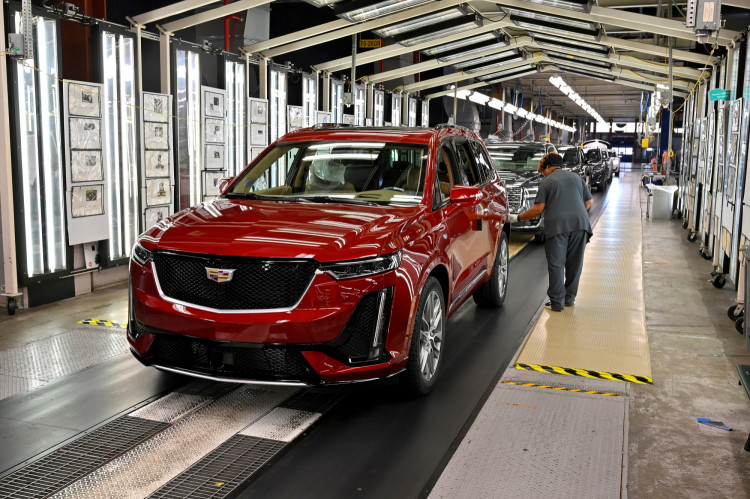Internet-connected vehicles are gathering data on driving habits and sharing that information with data brokers, which in turn work with insurance companies to create personalized coverage, according to a recent report from The New York Times. This practice has raised concerns about privacy and the potential for increased insurance costs for consumers.
The report highlighted the case of a Chevrolet Bolt owner who discovered a 258-page report on his driving habits when he inquired about a 21% increase in his insurance costs. Other owners reported similar experiences, with insurance companies encouraging them to check their LexisNexis reports when faced with skyrocketing premiums.
General Motors' OnStar Smart Driver service was a focus of the Times report. Some drivers who were enrolled in the service, which allows users to track their driving habits and improve their safety through a gamified experience, reported that their insurance costs went up as a result. GM confirmed to The New York Times that it shared "select insights" with LexisNexis but emphasized that Smart Driver was an optional service that owners could turn off.
However, some drivers insisted their insurance costs increased even when they weren't enrolled in Smart Driver. A GM spokesperson suggested that they may have been unknowingly enrolled at the dealership. "When a customer accepts the user terms and privacy statement (which are separately reviewed in the enrollment flow), they consent to sharing their data with third parties," GM told the Times.
The data collected from driving habits is shared with data brokers such as LexisNexis and Verisk, who analyze and compile the information into a report that creates a "risk score" for car insurance companies. This score is then used as a factor in determining insurance rates, regardless of whether the driver has been involved in a car accident or not.
Automakers can also collect a wide range of personal information through car features, as revealed in a report by Mozilla last year. The list of data points that can be collected includes facial geometric features, behavioral characteristics, biological characteristics, sexual orientation, sexual activity, genetic data, religion, and philosophical beliefs, among others. This data can be shared with third parties such as advertisers, dealers, and service providers for profit.
The issue of data collection from cars has recently gained the attention of U.S. Sen. Ed Markey, who wrote a letter to the Federal Trade Commission (FTC) on Feb. 27, urging the agency to investigate the data privacy practices of automakers. Markey claimed that there are not enough limitations on the amount and type of data automakers can collect from users, leaving consumers "in the dark."
A recent survey from insurance company The Zebra found that 80% of Americans polled did not trust how automakers handle their personal data, and less than 20% said they would exchange their personal information even if it was in an effort to make roads safer.
As concerns about data privacy and the potential for increased insurance costs grow, consumers are becoming more aware of the need to protect their personal information. Some GM car owners have shared instructions on Reddit for unenrolling from the OnStar Smart Driver service, while others are calling for greater transparency and regulation of automakers' data collection practices.






